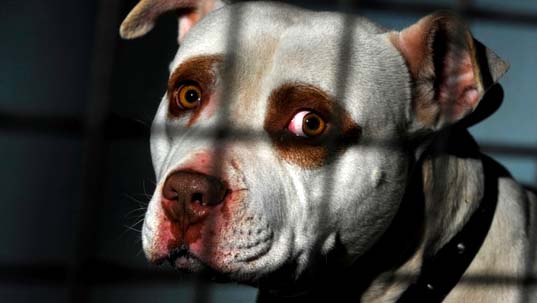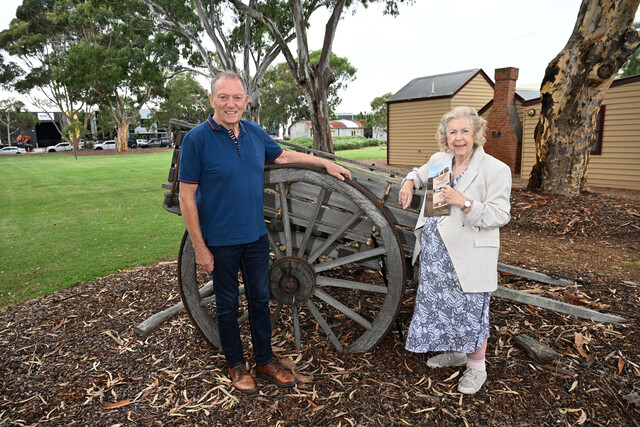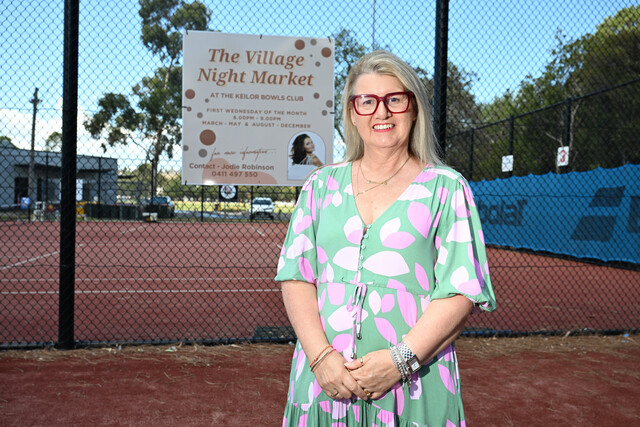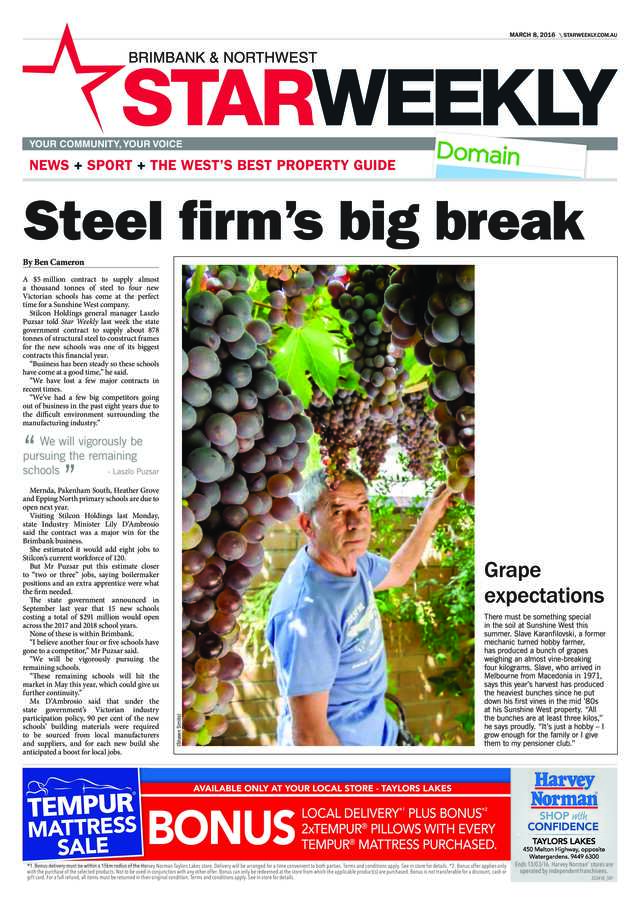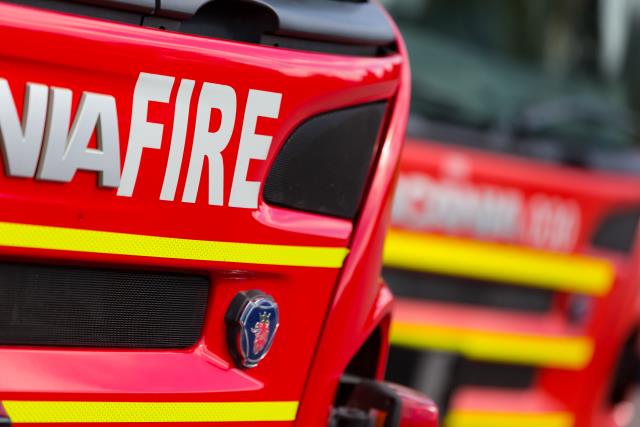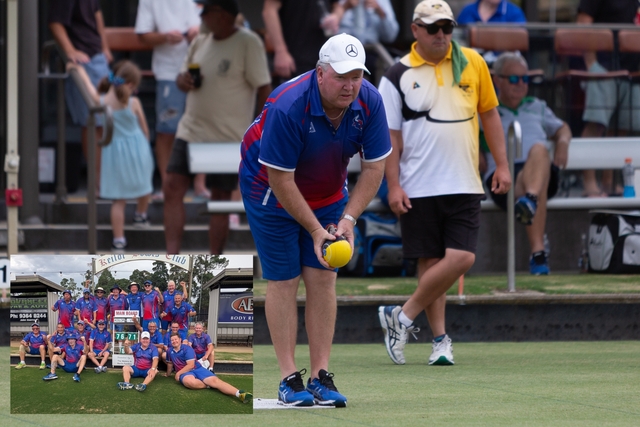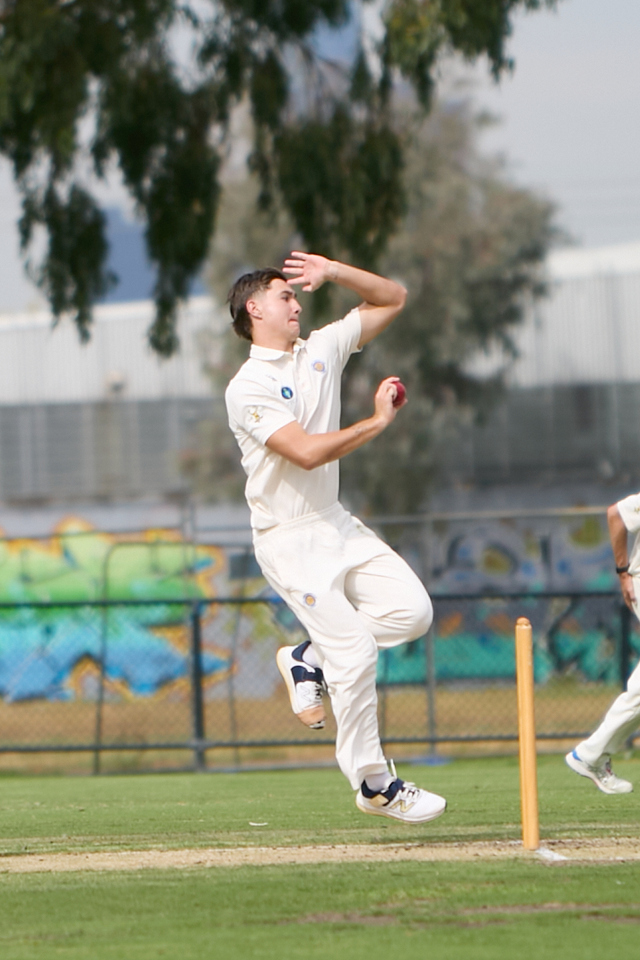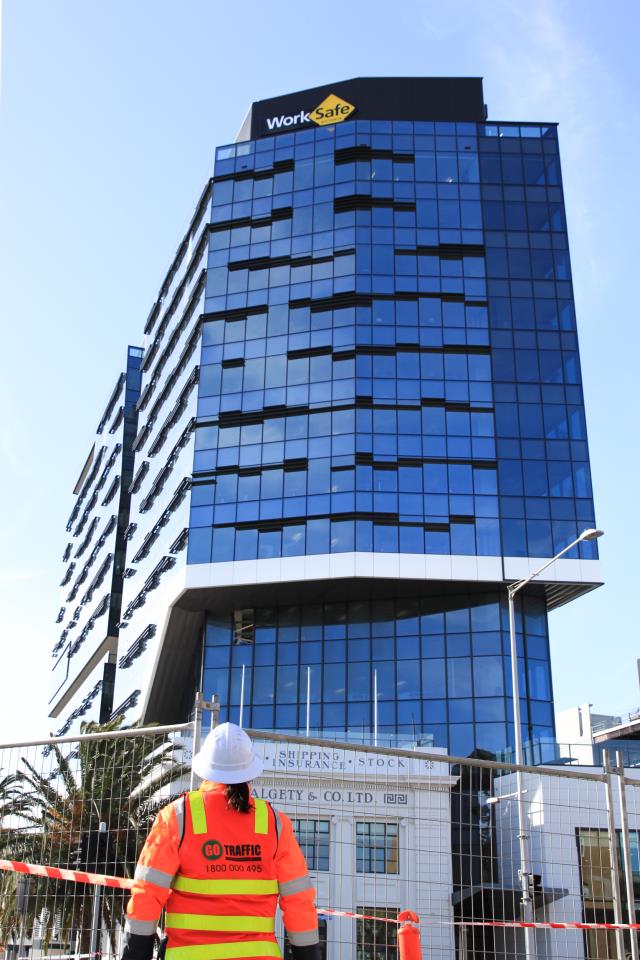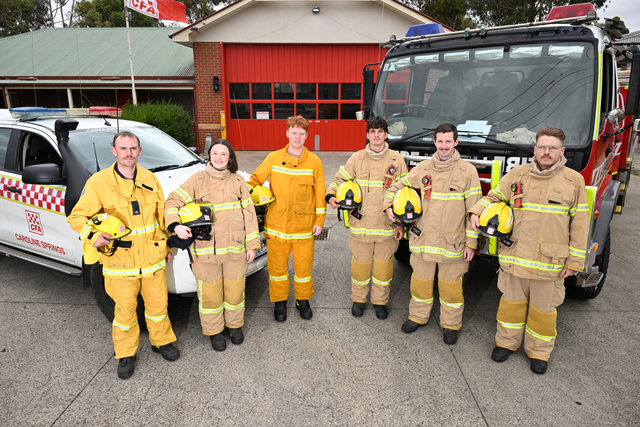Melbourne’s Lost Dogs Home has been accused of euthanising an unacceptable number of animals, with pressure mounting on councils in two states to drop the pound operator.
Animal welfare groups have called on Brisbane City Council to dump the Lost Dogs Home organisation as figures reveal kill rates for unclaimed animals at its two Brisbane pounds are higher than any other facility it runs in Australia.
The allegations come after the Lost Dogs Home came under fire for its euthanasia rates and lost its contract with Melbourne Council, worth hundreds of thousands of dollars.
The Lost Dogs Home’s figures show it killed 1867 unclaimed dogs and cats, almost four times as many as it re-homed, within nine months of taking over Brisbane’s Bracken Ridge and Willawong pounds in October 2011.
The majority of animals taken in by the shelter were reunited with their owners, but kill rates for unclaimed dogs and cats in Brisbane are now the highest in the country – 63 per cent of dogs and 83 per cent of cats were put down in 2011-12.
According to new figures obtained from Brisbane City Council under freedom-of-information laws by advocacy group Saving Pets, in three months earlier this year six times more dogs were killed than were re-homed.
The Lost Dogs Home’s general manager Kate Hoelter said the figures were misleading because they accounted for only those animals brought in by the council and did not include strays or animals surrendered by the public (believed to be about 30 per cent of dog admissions and 75 per cent of cat admissions).
Ms Hoelter said the Lost Dogs Home’s most recent records showed higher adoption rates over 2012-13 – an average of one dog a day – but said the figures would not be publicly available until later this year. She also refused to provide the shelter’s most recent euthanasia statistics.
Brisbane Council maintains it is “satisfied” with the shelter’s performance of re-homing healthy animals and there are no plans to review the three-year $2.4 million contract, which is up for renewal next year. Cr Krista Adams said the arrangement “paid off for both ratepayers and these pets that now get a second chance”.
But Saving Pets founder Michelle Williamson described Brisbane’s pounds as a “disaster”. “The Lost Dogs Home is the last bastion of the high-kill model and Brisbane needs to prioritise saving animals’ lives.”
A petition on Change.org calling on Brisbane Council to “tell the Lost Dogs Home to stop murdering our Brisbane pets and start working with rescue groups” has attracted 6000 signatures. The campaign comes as the shelter’s critics report a groundswell of support from councils considering dumping it over high kill rates.
The Lost Dogs Home runs animal management services on behalf of 22 councils in three states, but was recently dealt a major blow in Victoria after the Melbourne City Council severed a 14 year relationship with the shelter. The council opted not to renew its $450,000 contract despite having an option for a three-year extension. A spokesman said the council enlisted the RSPCA because it was “the recognised leader in humane animal treatment”.
Other metropolitan councils in Melbourne are also considering dumping the Lost Dogs Home, with some confirming they are conducting internal reviews into whether it would be resigned for another term. Other councils are believed to be “seeing out” their contracts.
Tarsha Andrews, from anti-euthanasia Pound Reform Alliance, said Brisbane needed to follow the lead of Melbourne City Council, alleging, “the Lost Dogs Home doesn’t have the capacity to care for animals”.
“Brisbane needs to take back responsibility for the community’s pets and implement a new shelter system like other progressive communities are doing,” she said.
Former employees from Brisbane’s pounds said the shelter’s euthanasia figures were inaccurate and did not account for all animals that were put down. They criticised the Lost Dogs Home for failing to work with foster groups to re-home animals.
Ms Hoelter denied the allegations, saying the official figures were accurate and that decisions about euthanising and adopting animals were based on assessments from an in-house vet who considered their health and behaviour.
Brisbane Council spokesman Troy Bilsborough said the council investigated claims of higher euthanasia rates last year following a complaint from a former staff member and determined the shelter had “no case to answer”.

